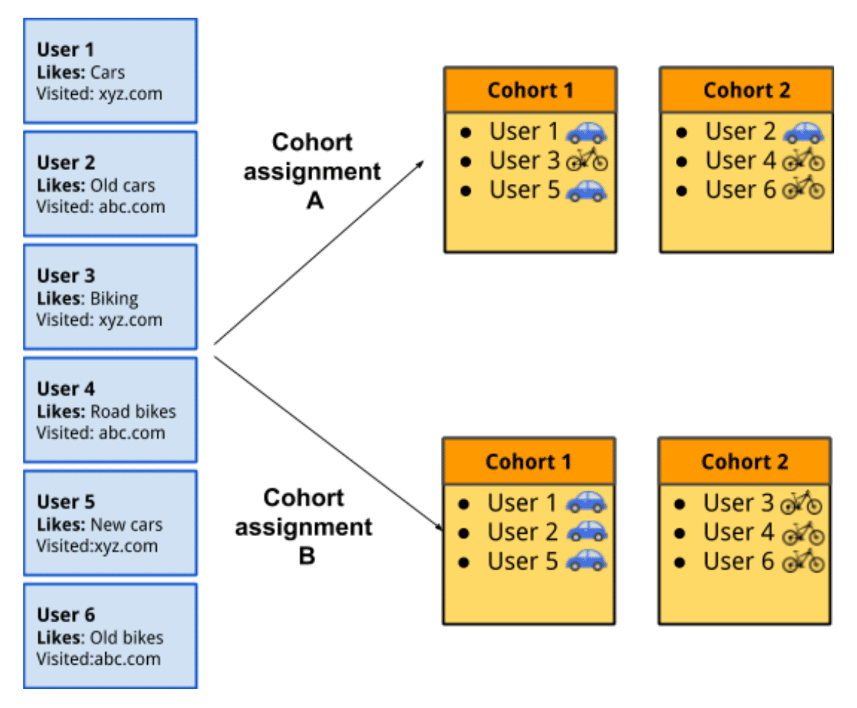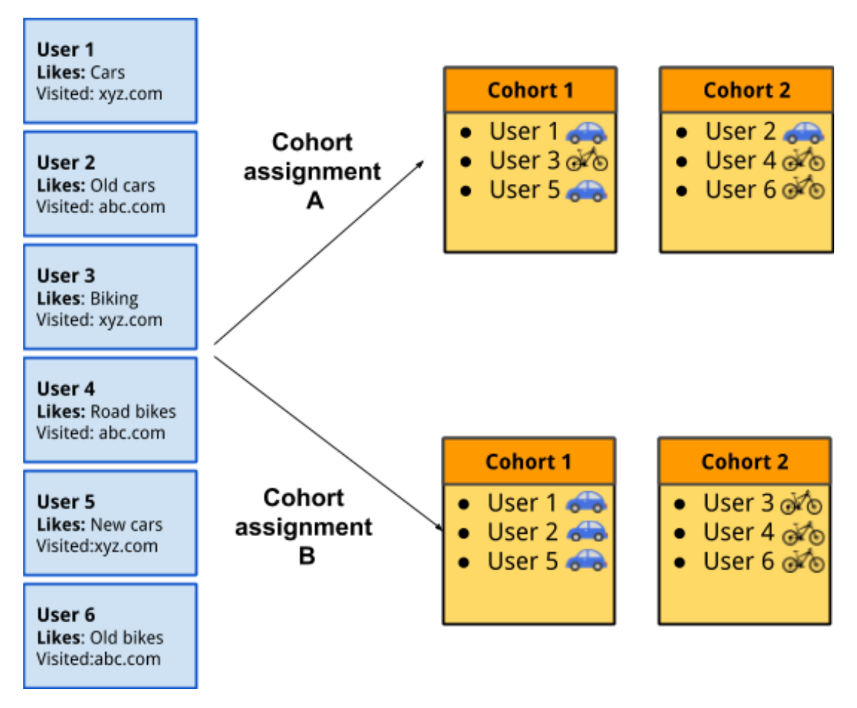
Google today revealed that it is presenting Federated Learning of Cohorts (FLoC), an important part of its Privacy Sandbox project for Chrome, as a designer origin trial.
FLoC is indicated to be an option to the type of cookies that marketing innovation business utilize today to track you throughout the web. Rather of a personally recognizable cookie, FLoC runs in your area and examines your surfing habits to group you into a mate of similar individuals with comparable interests (and does not share your searching history with Google). That friend specifies enough to enable marketers to do their thing and reveal you appropriate advertisements, however without being so particular regarding enable online marketers to recognize you personally.
This “interest-based marketing,” as Google likes to call it, enables you to conceal within the crowd of users with comparable interests. All the internet browser display screens is a mate ID and all your surfing history and other information remain in your area.
The trial will begin in the U.S., Australia, Brazil, Canada, India, Indonesia, Japan, Mexico, New Zealand and the Philippines. With time, Google prepares to scale it internationally. As we found out previously this month, Google is not running any tests in Europe since of concerns around GDPR and other personal privacy policies (in part, since it’s uncertain whether FLoC IDs must be thought about individual information under these policies).
Users will have the ability to pull out from this origin trial, much like they will have the ability to do so with all other Personal privacy Sandbox trials.
Unsurprisingly, offered how FLoC overthrows a lot of the existing online marketing systems in location, not everyone enjoys this concept. Marketers undoubtedly like the concept of having the ability to target private users, though Google’s preliminary data reveals that utilizing these mates causes comparable outcomes for them which marketers can anticipate to see “a minimum of 95% of the conversions per dollar invested when compared to cookie-based marketing.”
Google notes that its own marketing items will get the exact same access to FLoC IDs as its rivals in the advertisements environment.
However it’s not simply the marketing market that is considering this job skeptically. Personal privacy supporters aren’tfully sold on the idea either The EFF, for instance, argues that FLoC will make it much easier for marketing business that wish to finger print users based upon the numerous FLoC IDs they expose, for instance. That’s something Google is resolving with its Personal privacy Budget plan proposition, however how well that will work stays to be seen.
On the other hand, users would most likely choose to simply search the web without seeing advertisements (no matter what the marketing market might desire us to think) and without needing to fret about their personal privacy. However online publishers continue to depend on marketing earnings to money their websites.
With all of these divergent interests, it was constantly clear that Google’s efforts weren’t going to please everybody. That friction was constantly developed into the procedure. And while other internet browser suppliers can outright obstruct advertisements and third-party cookies, Google’s function in the marketing environment makes this a bit more complex.
” When other web browsers began obstructing third-party cookies by default, we were delighted about the instructions, however concerned about the instant effect,” Marshall Vale, Google’s item supervisor for Personal privacy Sandbox, composes in today’s statement. “Thrilled since we definitely require a more personal web, and we understand third-party cookies aren’t the long-lasting response. Anxious since today numerous publishers depend on cookie-based marketing to support their content efforts, and we had actually seen that cookie stopping was currently generating privacy-invasive workarounds (such as fingerprinting) that were even worse for user personal privacy. In general, we felt that obstructing third-party cookies outright without feasible options for the environment was reckless, and even hazardous, to the totally free and open web all of us take pleasure in.”
It deserves keeping in mind that FLoC, in addition to Google’s other personal privacy sandbox efforts, are still under advancement. The business states the concept here is to gain from these preliminary trials and progress the job appropriately.







